Everyone you speak to is going to have travel advice to share, whether they are a seasoned traveller or have only just come back from their first trip. Sometimes you can pick up some great advice and sometimes you can be left questioning what you have just heard.
One of the best things we learnt at the beginning of our travels was to take everyone’s opinions and advice with a grain of salt. Don’t take what you hear as a definitive fact, but rather think about whether it applies to you, if it’s actually something you agree with and if it suits the way you travel.
We decided to put together our top twenty travel tips from our years of travelling, that have been some of the things that have made the biggest difference to our travels and have been very positive for our experiences.
You should still take our advice in the same way, these points might have worked for us, but they might not work for you, so think about your situation and we won’t be offended if you disagree with us!
Nevertheless, here are our top twenty travel tips to help give you a stress-free travel experience.
In this post:
1. Learn how to swim
We couldn’t even tell you how often we’ve had this thought when watching people attempt water activities during our travels over the last few years.
If you’re heading to any country where you’re planning to get into a body of water, especially the ocean, it’s so important that you learn how to swim. Relying of a life-jacket or floaties might keep you from drowning, but it’s certainly not going to help you move around in the water.
At the end of the day, swimming is an essential part of life for travellers heading to summer destinations. Knowing how to swim will also open up so many activities for you.
Additionally, if you know how to swim you’re going to be so much more tolerable to people around you. I can’t tell you how many times we have been kicked in the face by a tourist attempting to snorkel, but actually just thrashing around in the water and not paying attention to the people around you.
2. Keep an emergency stash of money
If you’ve gotten cash out of the ATM for your travels it’s always a good idea to break up your money so that it’s not all in the same place.
Keep some of your money in your wallet on you, and then the remainder of your money in a hotel safe when you go out. It’s always a good idea to have that little bit of extra money in a safe place just in case something happens.
On the off chance you lose your wallet, you don’t want to be left completely cashless for the rest of your trip.
3. Roll your clothes when packing
Single-handedly the thing that has made the biggest difference to our packing situation, it sounds ridiculous until you start doing it.
Roll up all the items you can in your suitcase individually and pack them tight together. It absolutely works to create more space in your suitcase or backpack and it also stops your clothes from getting too creased before you wear them.
4. Pack as light as you can
Even if the airline allows it, you simply just don’t need 20 kilograms of luggage for a week in a tropical destination. We’re still working on this and trying to get better, but we still often pack way too much stuff and only end up wearing or using half of it.
Really consider every item you’re packing. Do you need high heels if you’re going to Bali? Or three pairs of jeans if you’re only going to Sydney for the weekend? Consider the practicality of every item in your suitcase.
5. Take the time to stop and take your photos
A big part of travelling for us is about capturing our adventures and memories. Try not to skip over taking a photo of something that captures your eye or evokes an emotion in you, it’s always worth it to take the time and stop for a couple of minutes to capture that moment.
The worst feeling is when you come home from you’re trip, you’re looking through your photos for that place that you loved, and then you realise you ‘didn’t have time’ take a photo.
Of course it’s always important to be in the moment while you’re travelling, but don’t miss out on capturing those beautiful moments and memories into a photo.
6. Be smart about taxis
Depending on the country you’re travelling to, there can be some dodgy and even just illegal taxis around. The best way to be smart about what taxis you’re using when you travel is to only use taxis that will turn on the metre to avoid being ripped off by drivers who like to rip off tourists. It’s also a food idea to do some research about how much a taxi should cost between your two destinations.
As a prime example, it’s always a good idea to check how much a taxi should cost between the airport and your hotel or destination, as well as the fastest route between the two. You can often find this information on your hotels website.
Additionally, it’s also be a good idea to ask how much it will cost to get to your destination before you get into the taxi, that way if they present you with an amount that’s way higher than what you expected you you can keep moving and you’re not already trapped in the car.
7. Find the closest supermarket to your hotel
Shopping at the local supermarket can save you so much money, as well as giving you so many extra food options. Grocery stores will allow you to stock up on food that you can snack on throughout the day, as well as finding options that meet your dietary requirements if you have any.
Supermarkets are also a really great place to find local treats to buy. Hit the confectionery aisle of the local supermarket to check out the different kinds of chocolates and snacks that you don’t have at home.
8. Print off all your travel documents and keep them organised
It’s super important to be on top of all your travel documents. At all times during your trip you need to know where they are, know what documents you’re carrying and why. The last thing you want is to be sifting through fifty pages of printed maps and hotel itineraries when you actually need your boarding pass to get on the plane.
No matter where we’re travelling in the world, we always print a copy of all our travel documents for emergency situations. This includes confirmations for flights, accommodation, tours and even visas. It has actually come in handy more times than we can count. On two occasions we wouldn’t have even been able to board our plane without having some of our documents on us.
Keep your travel documents organised in some kind of folder in the order that you will need them. We have a half sized display folder that we keep all our documents in, organised in the order of our trip and it just makes life so much easier.
9. Research some of the common scams of each destination
Some countries are well known for the way they scam tourists. There are ll different kinds of common scams around the world, and while we’re not trying to instil any fear in you, it’s important to make yourself aware before you travel. You can research and learn about these scams online to avoid falling into the trap.
One important thing to remember is to never ever hand your passport over to anyone as some kind of rental bond. This will never end well and you don’t want anyone else to have any possession over your passport. No one needs to ride a jet-ski badly enough for your passport to be held and risk either a stolen identity, or blackmail when trying to get back such an important travel document.
A good website to visit is the Smart Traveller website, where common scams are often listed amongst the information for each country around the world.
10. Keep a change of clothes and anything super important in your carry on luggage
If your luggage gets lost or delayed during transit you don’t want to be stuck in the same clothes for three days. Or worse, without important medication or identity documents that might be in your check luggage.
On the off chance that your luggage does go missing you don’t want it to feel like world is ending because you’re suck without any of your things. It should just feel like a mild inconvenience at best.
Additionally, we never pack anything into our checked luggage that we don’t want to get broken. Any and all of our electronics including cameras, drones, laptops and chargers are packed into our carry on luggage to avoid being damage as thought luggage handlers fling bags around.
11. Check if your destination has clean drinking water
It’s super important to know whether or not that tap water in your destination is safe for drinking. If it doesn’t it is more of an inconvenience than just drinking water out of the tap.
In countries where the water is not safe to drink you really need to be careful with everything from brushing your teeth and drinking water in the shower, to accepting drinks with ice blocks or salads with lettuce that has been washed in the sink.
If the drinking water isn’t safe in your destination than you will need to carry bottled water with you at all times.
12. Learn how to sleep anywhere
Learning how to sleep in many different situations will be a giant life saver when you’re travelling. Whether it’s being able to fall asleep on planes, trains, buses and coaches, as well as being able to take a nap during the day time, getting a couple of extra hours sleep can be a lifesaver when you’re travelling.
Not having a proper nights sleep can impact your whole trip, as you won’t have enough energy for exploring during the day and it can also make you more susceptible to jet lag with changing time zones. Learn how you can make this happen for you, even if it’s with the help of ear plugs, eye masks or travel calm supplements.
13. Eat where the locals eat
Have you ever tried Western food in a foreign country? In most cases it’s really not that great and often the restaurants are mostly empty.
The best meals will always be at the local places, that are packed to the brim with happy diners, and serve primarily local cuisines. For example, if you’re in Japan eat Japanese, if you’re in Thailand eat Thai food.
Not only will it make your experience so much more authentic but these really are some of the most incredible dishes.
14. Learn about the local laws
Ignorance is not going to cut it in most countries around the world and you’re not immune from the legal system or the laws of the country you’re visiting just because you claim you didn’t know about it.
Some countries have serious laws that tourists can really easily break if they don’t do their research. For example, chewing gum in Singapore or drinking alcohol on the streets of Dubai can result in being arrested.
Be aware of different laws in the country you’re travelling to so you don’t offend any of the locals.
15. Always carry a packet of face wipes or tissues
In your carry on luggage, in your handbag, wherever you’re going.
They can come in super handy to help you feel clean when there are no showers, in unfortunate situations that involve squat toilets, when you’ve been hot and sweaty in humid temperatures, as well as for freshening up during or after long haul flights.
Tissues can also come in so handy in so many different situations, especially if you end up in a toilet with no toilet paper! In many Asian countries you have to pay for toilet paper and collect it before you go into the stall. If you forget to do this it’s always helpful to have some spare in your handbag for these kind of emergency situations.
16. Get around on public transport as much as possible
If you’re visiting main cities around the world, most of the time they have excellent public transport that can get you around to most of the places you might want to visit. It’s definitely the best way to get around a new city.
Most public transport systems are cheap, easy and fast and gives you more of a local experience. Depending on your destination there are all different types of public transport to choose from, whether it be buses, trains, trams, boats or rental bikes.
Find one that you’re comfortable with or try them all out, it’s up to you! Living like a local in a foreign destination is always an extra thrill during your trip.
17. Dress appropriately for the plane
Trying to figure out the perfect plane outfit can be so difficult. You want it to be chic enough for the airport, but comfortable enough for your flights.
Most flights fluctuate in temperature, with some times being very cold and other being quite warm. The air-conditioning is always on a weird temperature and it’s rarely consistent. Choose an outfit with layers that you can add or remove depending on how you’re feeling throughout the flight. Bringing a jumper or a light blanket is always a good idea, especially if it’s a long haul flight.
Also think about the destinations you’re travelling between.If you’re travelling between two hot summery destinations than it could be easy to jump onto the plane in shorts and a t-shirt, but if you’re travelling from a hot country to a cold country, you’re going to want some additional layers for the other side.
18. Check the visa requirements for your destination
Many countries around the world will require a visa for you to enter and stay, even as a visitor. If you don’t obtain a visa for many countries before you arrive you could be denied entry and in some cases, even put straight back on a plane from where you came from.
A couple of months before you leave research the visa requirements for your destination, whether you need to organise them before you leave, how much they cost and how long you can stay in a country on them. Each country has their own rules, different requirements and need different processing time.
Check out the website of the embassy or consulate of the country you’re visiting before you go to find out more about visa requirements and what documents you need to travel.
19. Learn how to haggle
You would be surprised how many countries around the world rely on haggling in their sales process, and you can get some pretty significant discounts on all kinds of products if you’re willing to haggle for them.
Many countries will increase the price they tell you at first in order to haggle down to their actual price. Not haggling will result in being constantly ripped off and spending a lot more money than you need to.
Even if you don’t mind the price, why not give it a go? You can often tell when you find their bottom line. But be aware, if you request a price and they agree there is some obligation for you to buy it. Rejecting an item after the seller has agreed to your price can often be very insulting. If you’re not sure you want to buy it, maybe think twice before throwing a price into the mix.
20. Be respectful to the people and the culture of the country you’re visiting
Be culturally aware of what’s going on around you, how people are behaving, talking and dressing and how they are going about their day.
Pay attention to the way people are dressing to see how you should be dress – singlets and shorts might not be acceptable in every country and you might need to choose some more modest outfits to make sure the locals feel comfortable around you.
Being culturally aware also offers you for a more enjoyable and meaningful experience.
What are some of your most valuable travel tips? Share in the comments section below.
Check out more of our travel tips to help you plan your next adventure
Pin for later >>




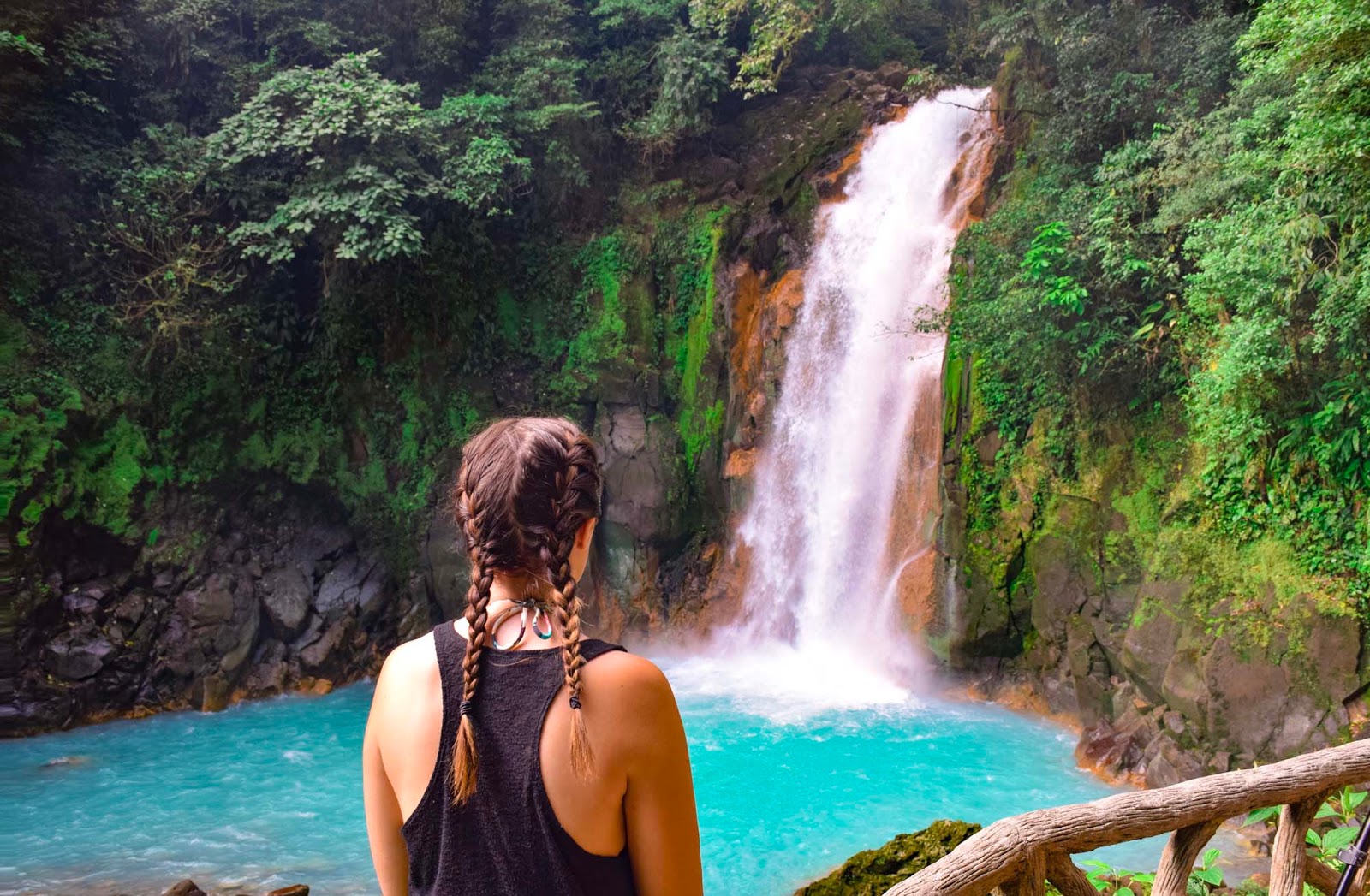







 If you enjoyed this post, we'd love you to SHARE it for us!
Follow us on Instagram
If you enjoyed this post, we'd love you to SHARE it for us!
Follow us on Instagram 





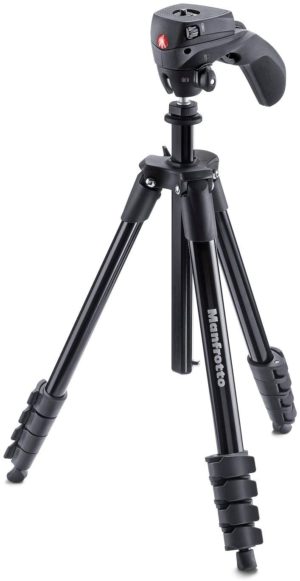

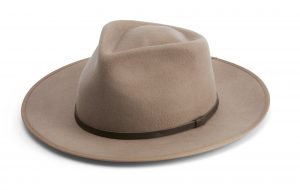


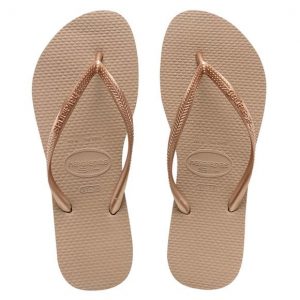
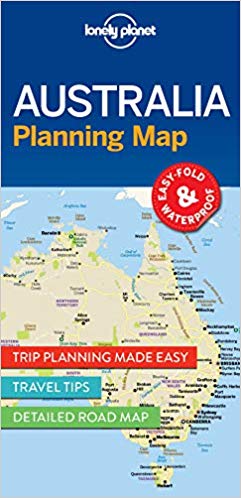











No Comments